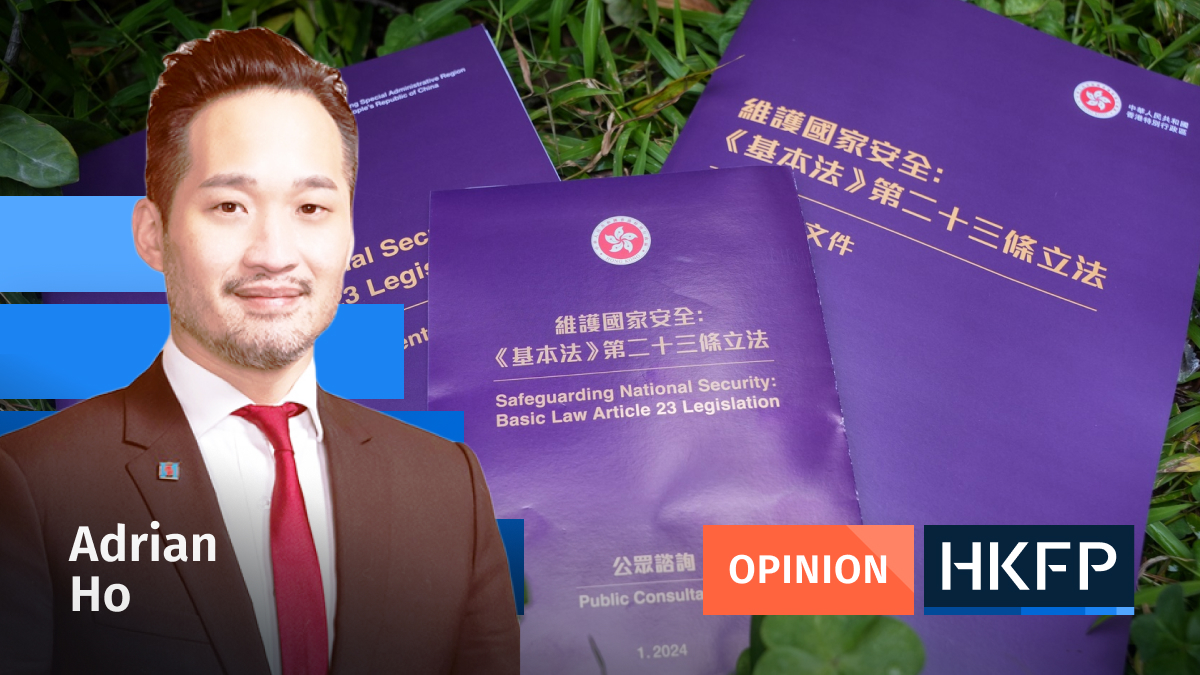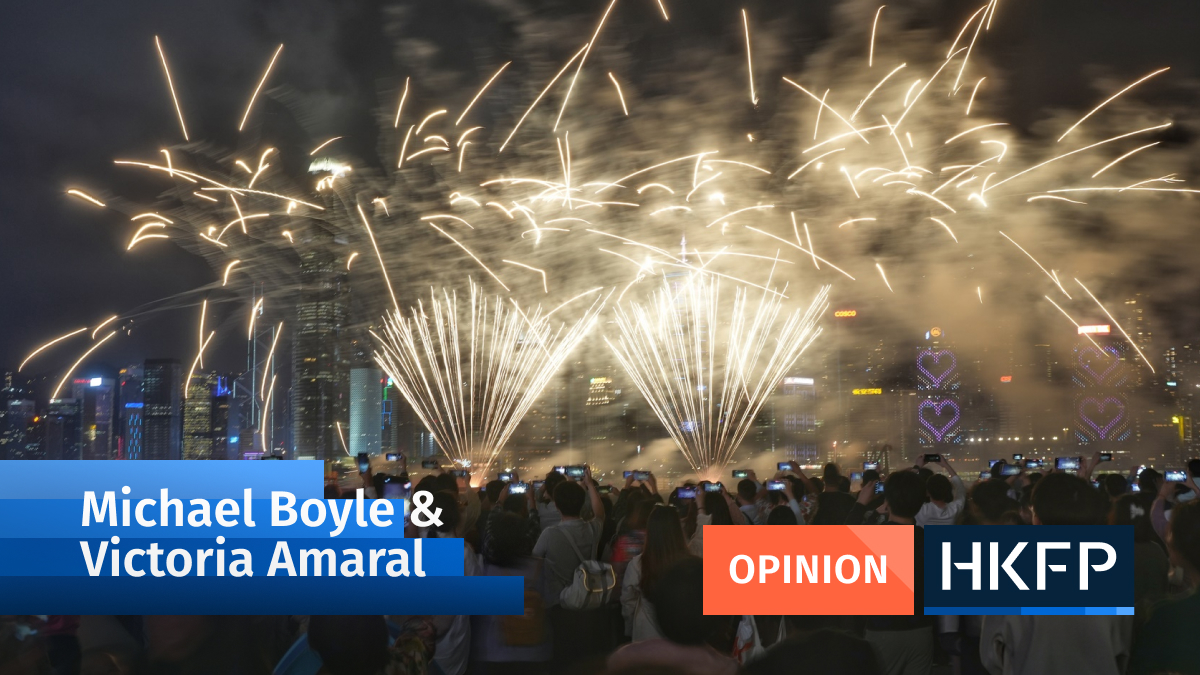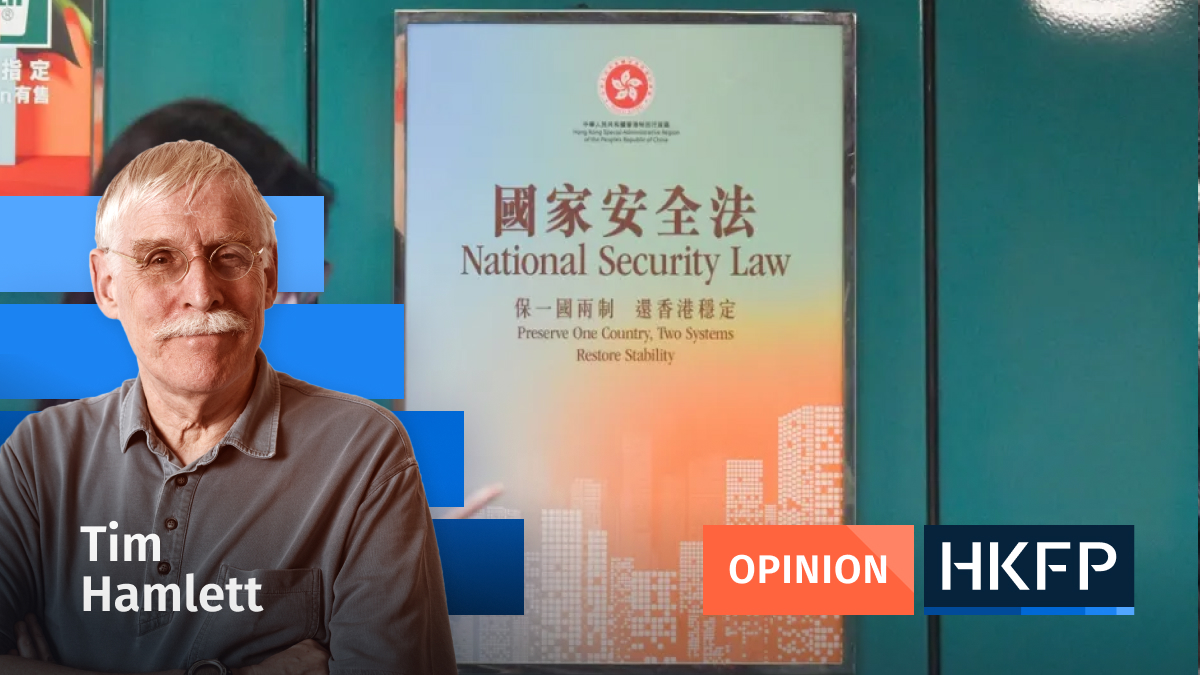Hong Kong’s first attempt in 2003 to pass a homegrown security law failed in the face of mass protests. After the seismic changes which have shaken the city since then – culminating in the 2019 protests and unrest and the subsequent clampdown – the latest move to legislate the Basic Law’s Article 23 is a vastly different ballgame.

If the legislative version watered down by the Tung Chee-hwa government in the wake of the 500,000-strong protest was rightly described as a “toothless tiger,” the 2024 proposal is a fierce beast with sharp teeth and powerful claws.
When and how they will be used is anybody’s guess but the provisions will provoke more jitters in the community, particularly among journalists.
On the face of it, the upcoming national security law aims to cover the crimes set out in Article 23 that were not covered by the national security law imposed by Beijing in June 2020. They include treason, theft of state secrets and espionage and ties between local political organisations and foreign political bodies.
Citing increased threats to national security, including “Hong Kong’s version of colour revolution,” over the past two decades and also relevant laws in other countries, the government has arguably maximalised the scope of the legislation. And it has left definitions of important terms such as “state secrets” vague.
In an interview with Ming Pao published on Tuesday, former justice minister Elsie Leung, who co-led the original Article 23 legislative effort with the then-security minister Regina Ip, said “there is no differentiation between the ‘two systems’ when it comes to national security.”
But she said that although the government had adopted China’s definition of state secrets in the proposed legislation, Hong Kong courts would still use the common law to interpret what constitutes “state secrets.”

It sounds feasible and practical. But judging from the implementation of the 2020 national security law and the trials since then, the contradictions between the mainland-written law and Hong Kong’s common law on issues such as trial by jury have become more glaring.
While adopting the mainland definitions of state secrets in the proposed legislation, the government has also made reference to national security laws in major Western countries, in particular the United States and the UK, in the Article 23 legislation.
Officials are ostensibly keen to counter critics by arguing that Hong Kong is just doing what Western countries have already done. This contradicts an oft-cited argument by Chinese and Hong Kong officials that the “actual situation” in the city should be considered when it comes to issues like democratic development and civil liberties.
The “actual situation” of those foreign countries cannot possibly be the same as Hong Kong’s.
The emphasis on what the mainland law says and what foreign countries have done raises an intriguing question when revisiting the original intent of Article 23 and the concept of “One country, two systems.”
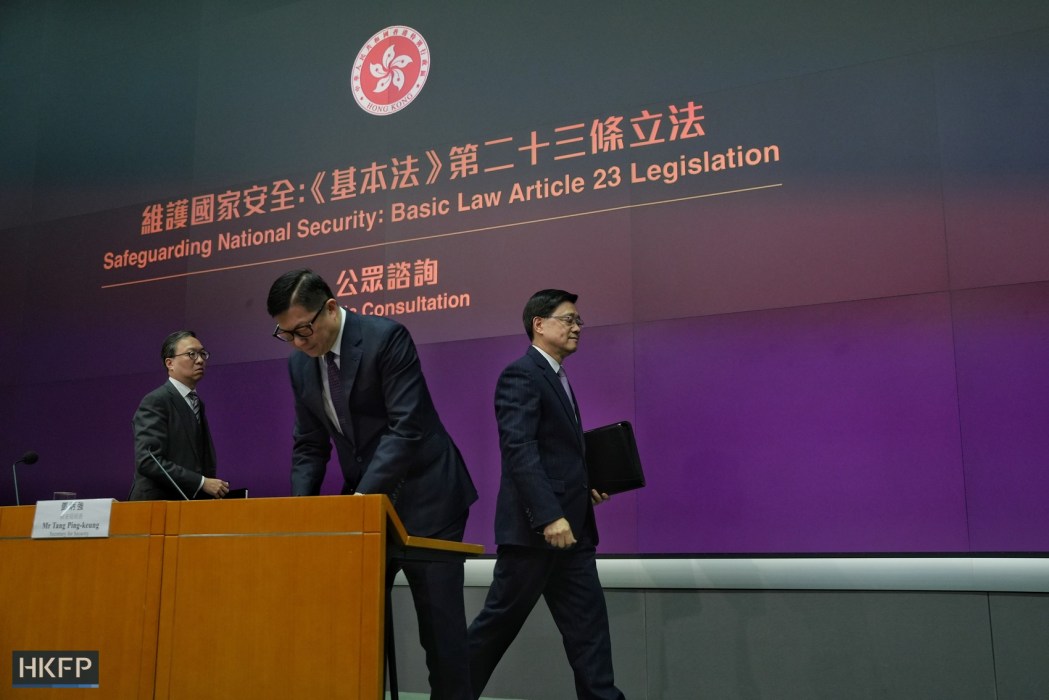
Article 23, which obliges the Hong Kong SAR to uphold national security, is arguably the most important provision in the Basic Law – the centrepiece of efforts to fit “two systems” in the context of “one country”.
The fact that the central authorities laid down in Article 23 the obligation for the Hong Kong SAR to enact laws “on its own” is faithful to the spirit of “One country, two systems” and the city’s promised “high degree of autonomy.”
Hong Kong’s power to legislate “on its own” presumably includes its timetable, content and legislative process.
Since the Handover in 1997 Beijing adhered to the original intent – until the unrest of 2019. Then came the national security law enacted by China’s National People’s Congress and imposed on Hong Kong in June 2020.
Although the unfinished task of Article 23 legislation will now be completed by the local legislature, the proposed new law features harsh elements similar to the laws in the mainland and in foreign countries.
The uniqueness of Hong Kong has been ignored in drawing up the legislation, risking more damage to the city’s international image and civil liberties – in particular, freedom of expression and freedom of the press.
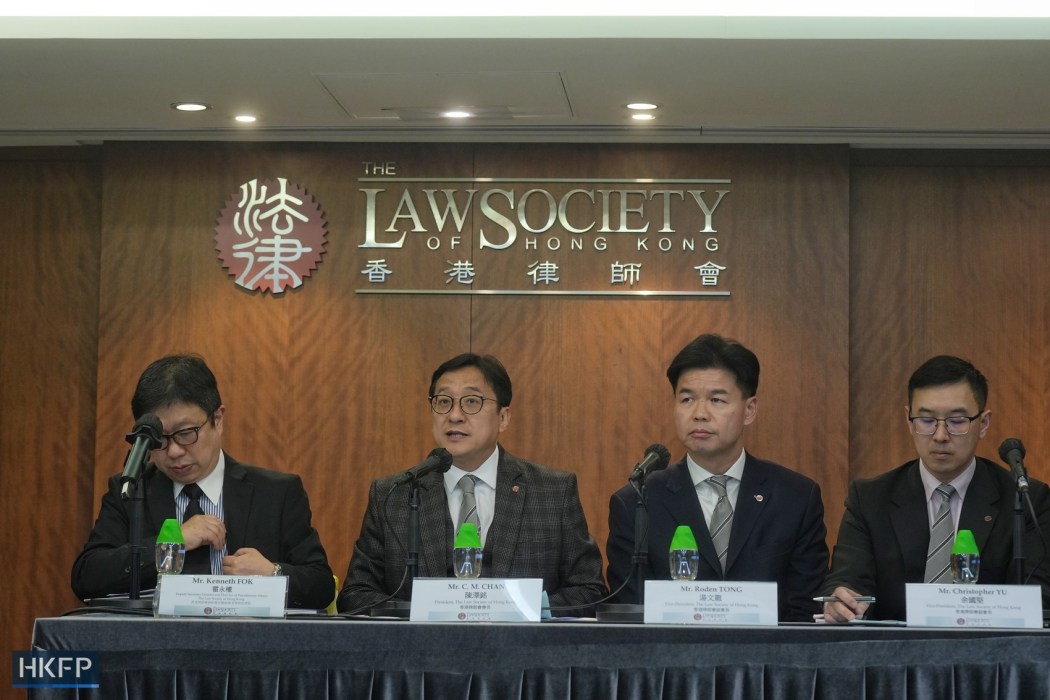
Given the complexities and novelty of offences such as “sedition intention,” and “external interference” and the vagueness of definitions such as those for state secrets, the one-month-long consultation period is ridiculously short even for legal experts.
The official argument that the law must be passed as soon as possible to counter national security threats lacks convincing evidence. It is unclear whether Beijing has set a deadline for Article 23 legislation and, if so, why.
In light of the decades-long delay, it is not difficult to understand why Chief Executive John Lee and his aides are keen to get the job done as soon as possible. It is even more important, however, that it is done well.
Law Society president Chan Chak-ming has said that safeguarding both national security and the rights of Hong Kong residents was not a “zero-sum game” and a reasonable balance could be struck between the two.
He urged the government to allow a public interest defence against state secret offences, echoing calls by two major media bodies, the Hong Kong Journalists Association and the News Executives’ Association.
That would be an important step in efforts to balance the two principles in the new law. Let’s hope more steps will be taken.
Type of Story: Opinion
Advocates for ideas and draws conclusions based on the interpretation of facts and data.
Support HKFP | Policies & Ethics | Error/typo? | Contact Us | Newsletter | Transparency & Annual Report | Apps
| HKFP is an impartial platform & does not necessarily share the views of opinion writers or advertisers. HKFP presents a diversity of views & regularly invites figures across the political spectrum to write for us. Press freedom is guaranteed under the Basic Law, security law, Bill of Rights and Chinese constitution. Opinion pieces aim to point out errors or defects in the government, law or policies, or aim to suggest ideas or alterations via legal means without an intention of hatred, discontent or hostility against the authorities or other communities. |
Help safeguard press freedom & keep HKFP free for all readers by supporting our team

More HKFP OPINION:
HKFP has an impartial stance, transparent funding, and balanced coverage guided by an Ethics Code and Corrections Policy.
Support press freedom & help us surpass 1,000 monthly Patrons: 100% independent, governed by an ethics code & not-for-profit.





